Activities in Zanzibar
Make your stay a unique experience
A scent of exoticism is the magical sound of the name Zanzibar. Moment of escape with intoxicating scents of spices, tinged with the transparent blue of the Indian Ocean. Discover the narrow streets steeped in history of the old center of Stone Town and the countless natural riches of this archipelago accentuated by a lifestyle specific to Zanzibarites.
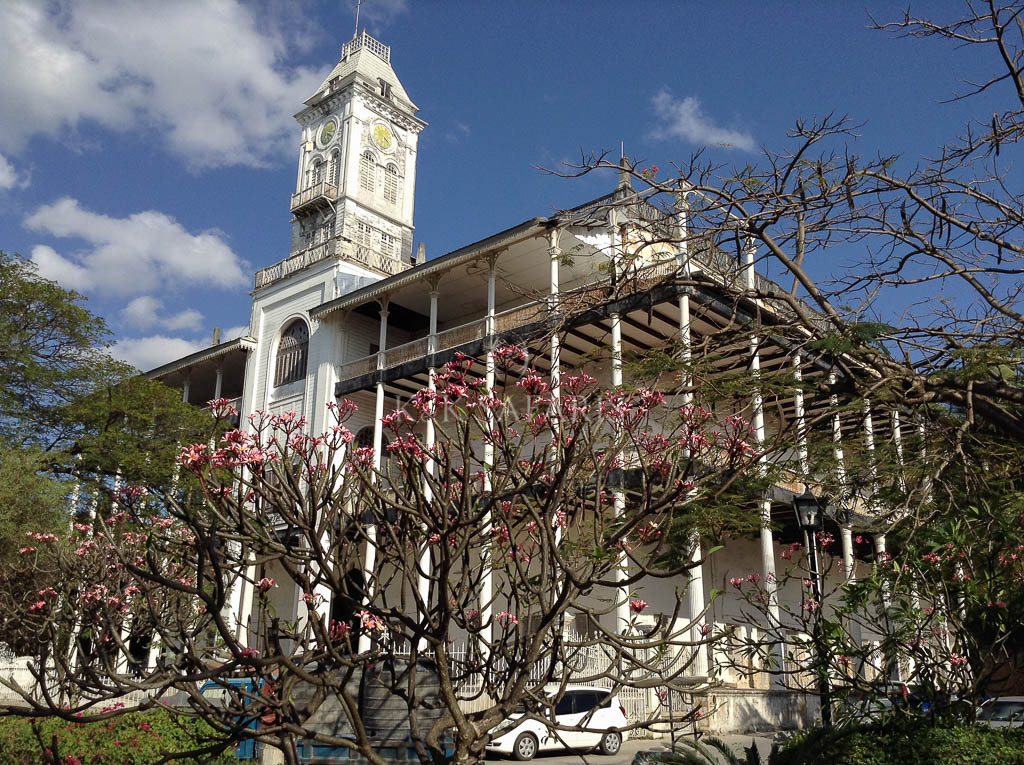
Stone Town
Stone Town is the point of arrival and departure to discover the archipelago of Zanzibar. It is also the perfect combination of a lively port throughout the day and an ancient city belonging to the UNESCO World Heritage. Founded in the 11th century, it has managed to maintain, monuments, legendary palaces and emblematic sculpted doors despite its tumultuous past. Lose yourself in the alleys to unearth rare pearls, mingle with the crowd at the Darajani market and for a return to the past, visit the old dispensary or the Palace of Marvels, now a Museum of History and Culture. Come night fall, we advise you to go to the square which adjoins “the gardens of Forodhani” facing the sea to taste a sugar cane juice and why not some fish skewers.
Spices
This small piece of land, bathed by the waters of the Indian Ocean, was regrettably a hub for the slave trade and ivory trade for several centuries. However, it was also one of the largest exporters of spices in the world and known for the cultivation of cloves whichremains the second source of income for the archipel ago to this day. It is on the market in Stone Town where it is possible to find the widest choice of these delicious and fragrant herbs. Accompanied by a guide, we recommend you to visit one of the “spice farms” which allows an authentic approach to local life. Cloves, peppers, cardamom, ginger, vanilla, pepper… will awaken your taste buds and are use your olfactory senses.
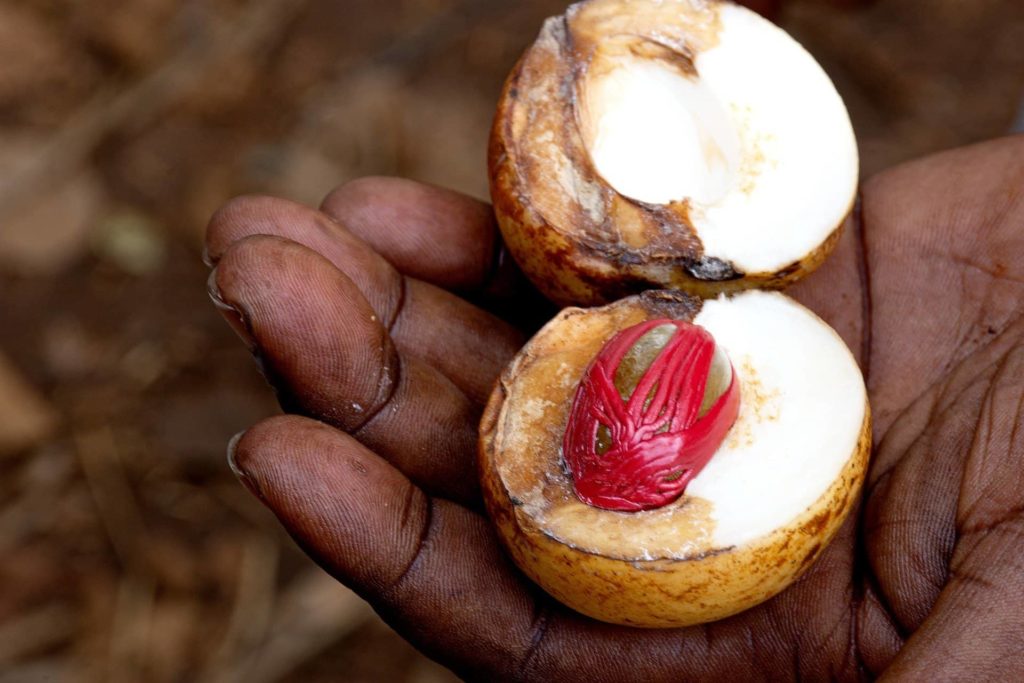
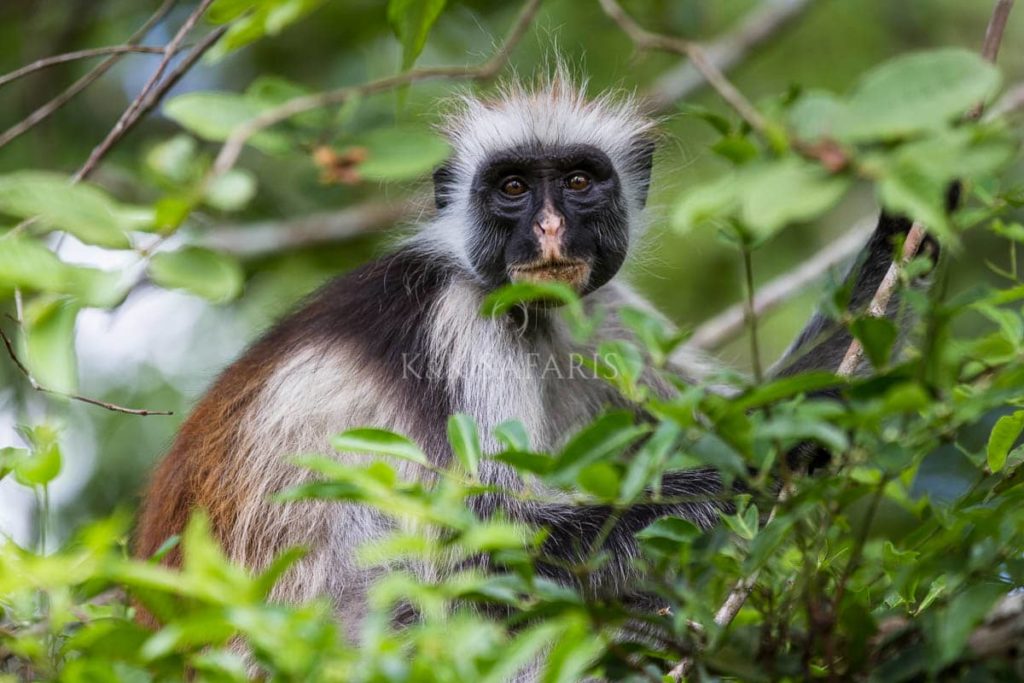
Jozani Forest
In the center of the island, there nestles a protected wilderness area recognized as a Biosphere Reserve by UNESCO. The 50km² of the Jozani forest is home to a rich ecosystem, a mosaic of mangrove and tropical forest, makes the wonderful home of a hundred species of birds, butterflies, small antelopes, galagos, bush pigs, reptiles and several small primates including the Baï colobus or roux, a species prevalenton the island and for which the park is famous. A refreshing stop over and a nice walk for the young and old a like, which we recommend doing in the morning.
The islands of the archipelago
The islands of Pemba and Mafia are obviously among the most renowned diving sites in the archipelago. There are none the less small corners of paradise on the private island of Chumbe with its coral reefs and its seven eco-bungalows. The island of Fanjove has a remarkable light house as well as turtles which lay their eggs from April to July. Once more, the island of Mnemba is perfect for privacy in a very upscale setting. The time of an excursion or several nights are all full of natural beauty and promise a total change of scenery far from civilization.
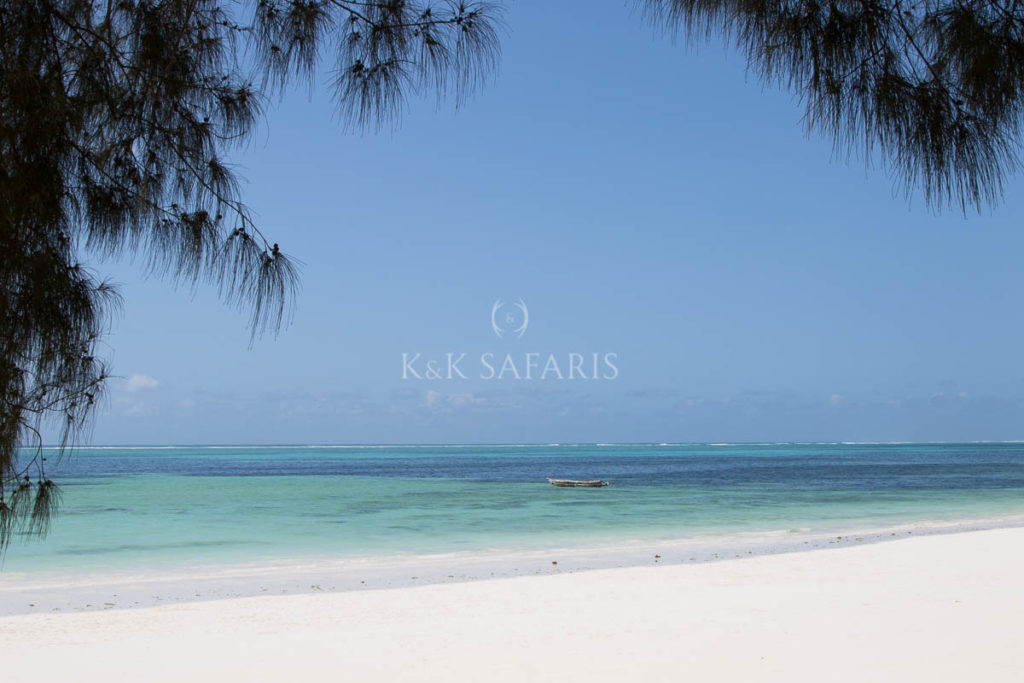
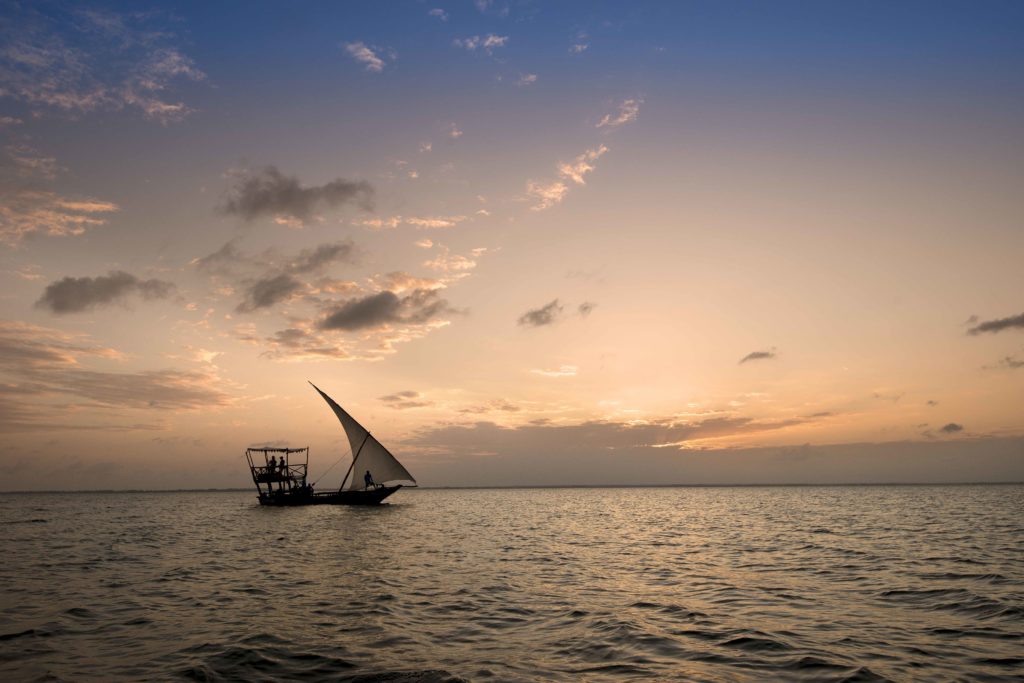
Water activities
During your stay, do not hesitate to take advantage of the water sports offered by the archipelago. Kite surfing is very popular and extensive along the beaches of Paje or Jambiani in the southeast of the island. There are several PADI dive centers for all scuba diving enthusiasts. Many lodges provide equipment for kite surfing, paddle boarding, kayaking, windsurfing, as well as masks and other snorkeling equipment. In a more traditional way, go on a cruise aboard a “dhow” or wooden dhow, to discover the beauty of the islands and the seabed. This is the perfect opportunity to share a romantic moment under the Indian Ocean sunset.

